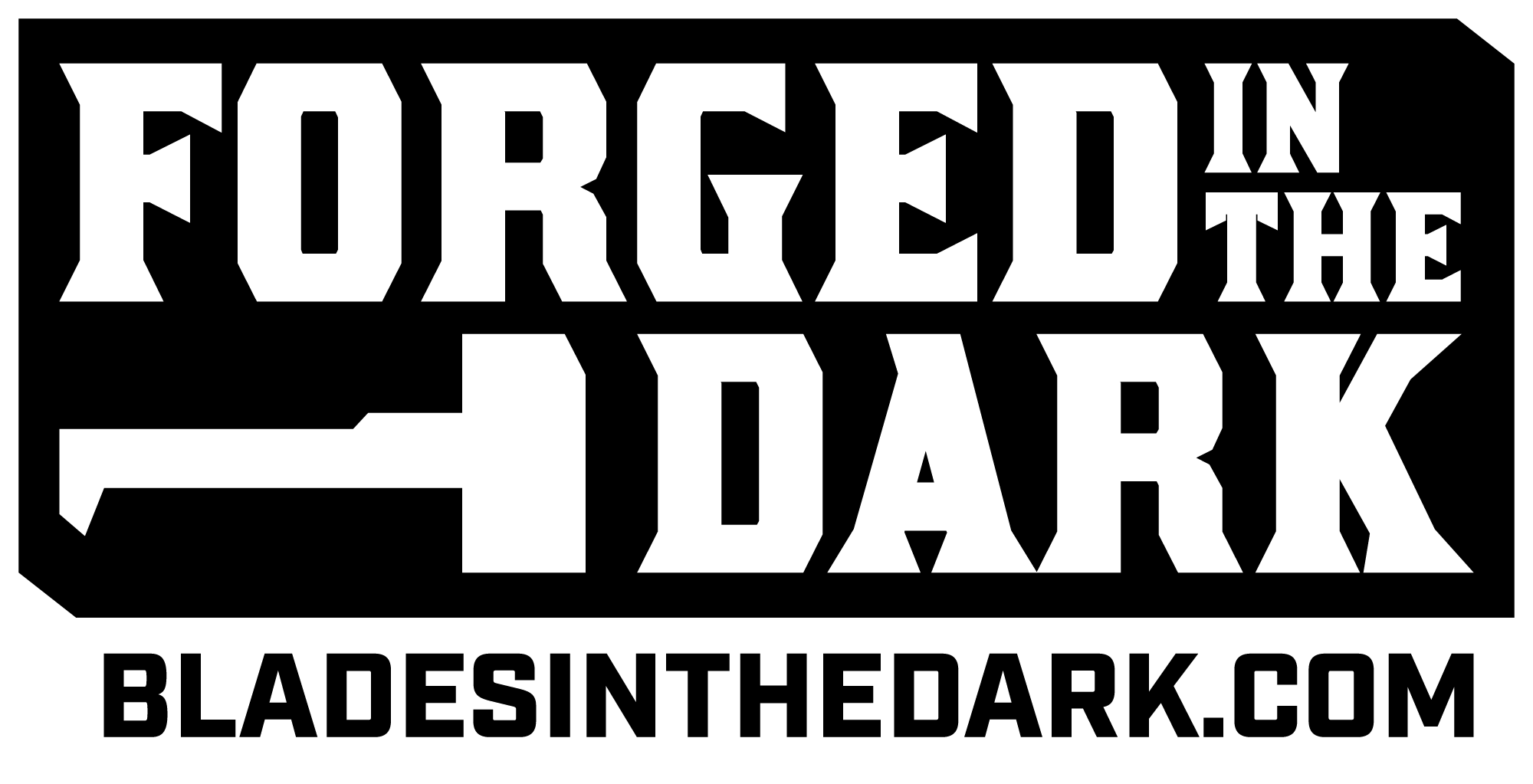Agenda & Principles 
Agenda
Your agenda is your set of goals as a GM, the things you’re trying to accomplish. The principles and actions serve as your tools.
Designer note: The agenda helps provide some focus and steer the game towards genre conventions. Tinkering with the agenda will be necessary when you want to adapt the ruleset for another genre.
Play to find out what happens
There’s a great temptation when running a game like this to try and plot out the betrayals, connections, and real truth.
For these rules to work as intended, it’s better to improvise. What is the truth? Let’s find out together.
If you’ve been the GM in other systems, this might feel a little counter-intuitive at first. The section on conspiracies gives some guidance on how to prepare for an improvisation-heavy game system like this one.
Connect everything to the conspiracy
The players are meant to be unravelling a grand conspiracy. Whether prepping or improvising, always think about how things can be connected. Listen to the players speculate - often they will generate ideas that you can pick up and weave into your story.
What would a podiatrist want with a case full of umbrellas? The practice must be a front for something!
Alternate between mystery and action
The blend of mystery and action is one of the things that really helps define the spy and thriller genres.
Because the players are both investigating the conspiracy and working to thwart it, you need to alternate between investigative work and action sequences.
During mission planning you should encourage the group to do different types of missions. During missions themselves you can have the opposition show up during recon missions, or introduce clues during assault missions.
The British TV show The Avengers had this formula down pat. Generally a couple of investigative missions followed by some action, repeated three times.
Principles
Your principles are there to help encourage good habits and guide your decision-making.
Be a fan of the PCs
Be interested in the characters and excited about their victories. Ask them what they want and point out opportunities to pursue those goals. Try and ensure they can use their special abilities, and work with them to get the most out of the system.
Always follow the fiction
The initial mission puts things in motion. From that point forward the PC actions, and the reactions and consequences from that, drive things forward. You don’t need to manage the world or plot threads to make it work.
Make the people you meet real
Flesh out the NPCs that the characters meet. Give them names, goals, and personalities.
Address the characters
Using the character names is a good way to put them first.
Consider the risk
Are they building on success? It’s probably a controlled roll. Are they improvising or clearly outmatched? Desperate rolls.
Hold on lightly
Rewind, revise, reconsider.
Check in with the players
